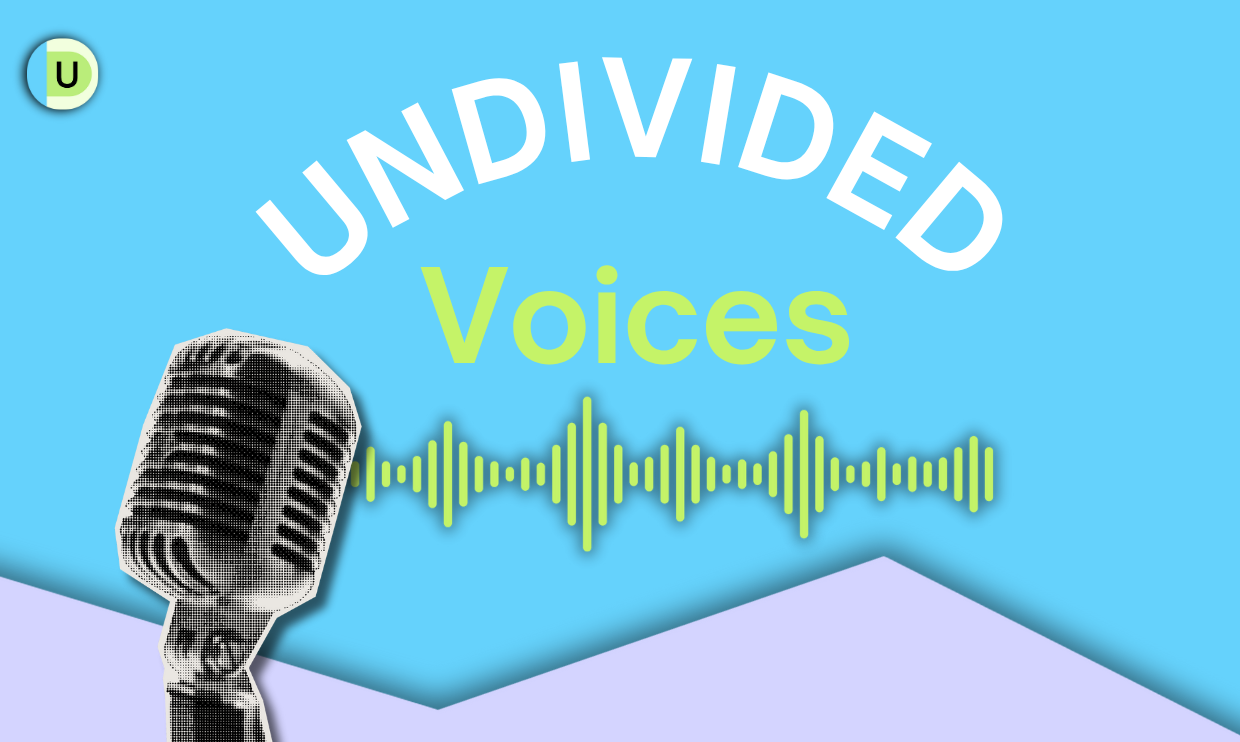If learning to read and write were as simple as surrounding kids with books and letting them soak up the magic, every child would be a natural. But despite what some teaching methods suggest, reading and writing don’t happen by chance — they need to be explicitly taught. And yet, myths about how kids — especially those with disabilities — learn to read and write are everywhere.
If your child struggles with reading or writing, you’ve probably heard it all — “They’ll catch up with time” or “Just read more books at home.” Maybe you’ve heard that phonics-based instruction isn’t for everyone (it actually benefits all learners). Some believe kids who struggle with foundational reading skills can’t engage with real literature (not true!), or that writing always has to be done with a traditional pencil (also false!). And if your child has motor challenges or a cognitive disability, the messages can be even more discouraging, with some suggesting they may never truly learn to read or write (spoiler: they can!) or that they should just memorize a few keywords and rely on technology or scribes for everything else (nope!).
But here’s the thing — reading and writing is for everyone. So why are so many kids with disabilities being left behind? This week, we’re busting some common myths about literacy and disabilities and sharing tips to help your child thrive in reading and writing.

Check out these articles all about how schools should approach reading and writing for students with disabilities, tips for writing great goals in the IEP, tools — like assistive technology and accommodations — that can help, and more.
- Phonics and the Science of Reading Are for Students With Disabilities — Here’s How
- Untangling the Reading Rope
- Reading Assessments: How Do We Measure Reading?
- Reading Goals in the IEP
- Writing for Kids with Disabilities


Resources, curricula, tech, and more to explore → We’ve put together lists of programs, curricula, websites, assistive technology, universal tools, and apps to support your child in reaching their reading and writing goals. Check out our articles for more!
- Reading Curricula, Tech, Apps, and More!
- Assistive Technology (AT) for Writing
- Dyslexia 101
- Dysgraphia 101


One parent told their Undivided Navigator, “We WON our insurance appeal! This is because of your coaching. I cannot thank you enough. It’s about so much more than the money. It’s about struggling families who are trying to help their children, and being told ‘too bad.’ They count on families quitting or being overwhelmed, and they take advantage of it. There are so many times when ‘right’ doesn’t matter at all. But this time it did. Thank you!!!! You are AMAZING!!!”

Join us for our new IHSS workshop series → Do you need help with IHSS, either with a new application or your child’s ongoing services? We’re hosting a four-part workshop series exclusively for Undivided members, where Public Benefits Specialist Lisa Concoff Kronbeck will provide interactive training for becoming a parent provider, applying for protective supervision or paramedical services, requesting more hours, and much more. The workshops will take place on February 11, 18, and 25 and March 4, so if you’d like to attend, join Undivided today!
Join us for expert office hours → If you’re an Undivided member, join us for a live Q&A on Wednesday, February 19, at 12:00 p.m PT with Undivided Special Education Advocate Lisa Carey, where she’ll answer all of your questions about IEPs, special education, and more. If you’re not an Undivided member yet, get started here to join us for office hours!
📚 Rethinking Reading for IEPs
Tune in Friday, February 7, at 12:00 p.m PST to hear Associate Professor of Special Education at Stanford University Chris Lemons, and Research and Training Coordinator for the Literacy and Education Center at Down Syndrome of Connecticut Kathleen Whitbread, PhD, as they deep dive into rethinking how to teach reading for IEPs. Catch the convo Friday on our Facebook page!
✏️ Rethinking Writing for IEPs
Writing is an important skill, both in and out of the classroom. For kids with disabilities, writing can be a unique challenge – and a unique gift. Tune in Saturday, February 8, at 12:00 p.m PST as Katie Olds, MOT, OTR/L and Toby Tomlinson, PhD tackle how to approach writing for students with disabilities. Catch the convo Saturday on our Facebook page!

![]() How does studying phonics help our kids become better readers? Check out this Instagram reel→
How does studying phonics help our kids become better readers? Check out this Instagram reel→
![]() Learning disabilities like dyslexia and dysgraphia can make reading and writing more challenging. Learn how learning disabilities are assessed in this video on our YouTube channel→
Learning disabilities like dyslexia and dysgraphia can make reading and writing more challenging. Learn how learning disabilities are assessed in this video on our YouTube channel→
![]() Do you know any professionals or organizations that would benefit from these special education resources? Share on LinkedIn→
Do you know any professionals or organizations that would benefit from these special education resources? Share on LinkedIn→
![]() If you’re looking for information about how to get involved in protecting services for the disability community, parents in our private Facebook group are sharing resources. Join the discussion→
If you’re looking for information about how to get involved in protecting services for the disability community, parents in our private Facebook group are sharing resources. Join the discussion→





























